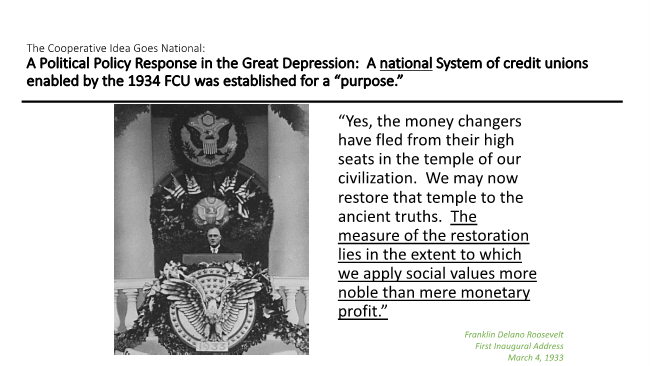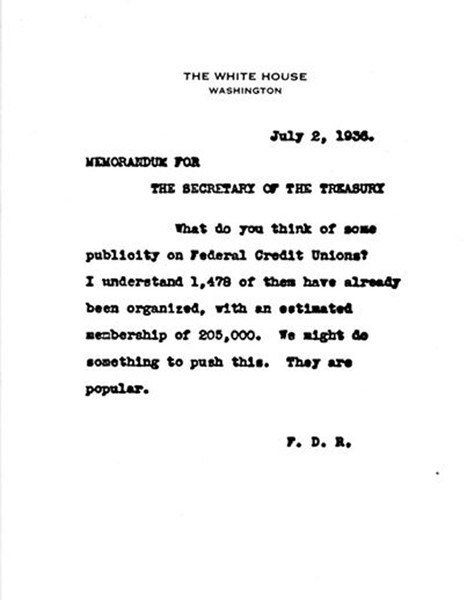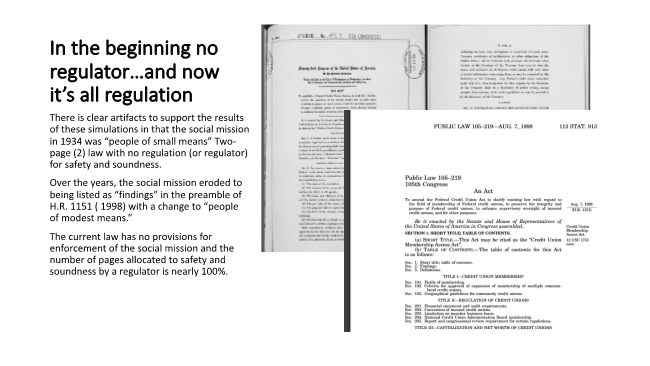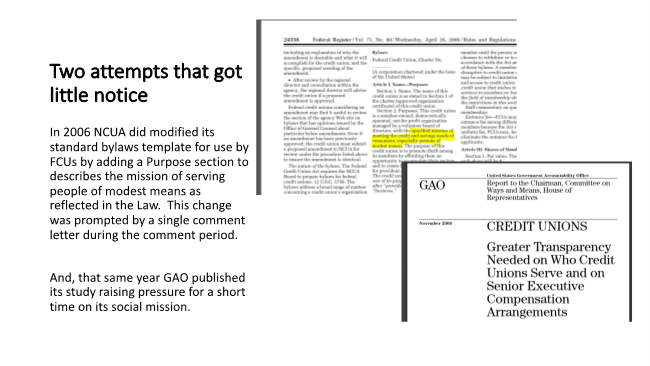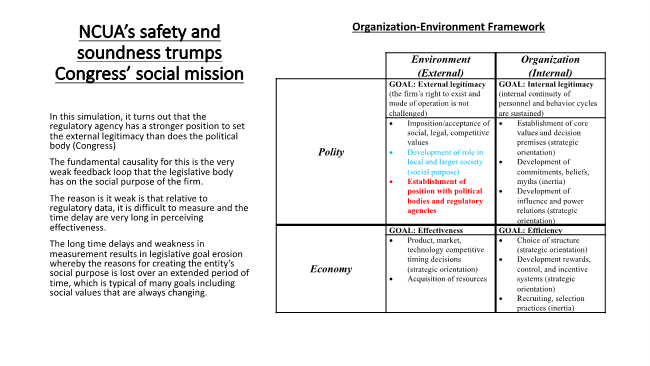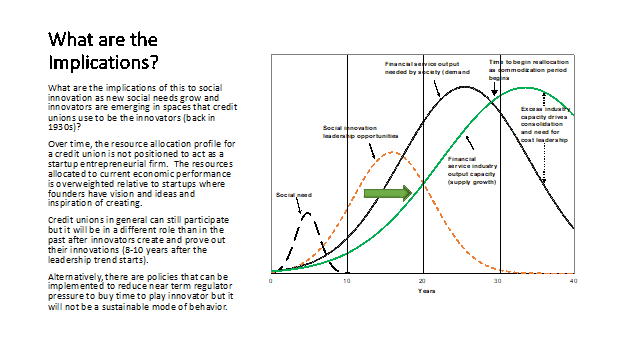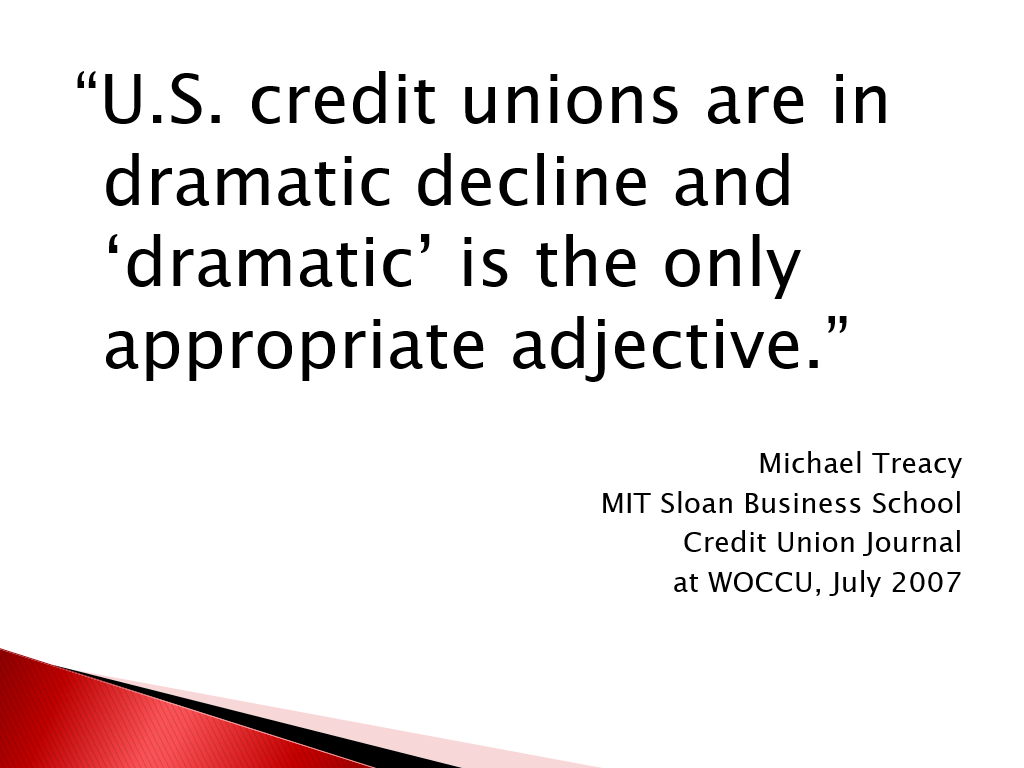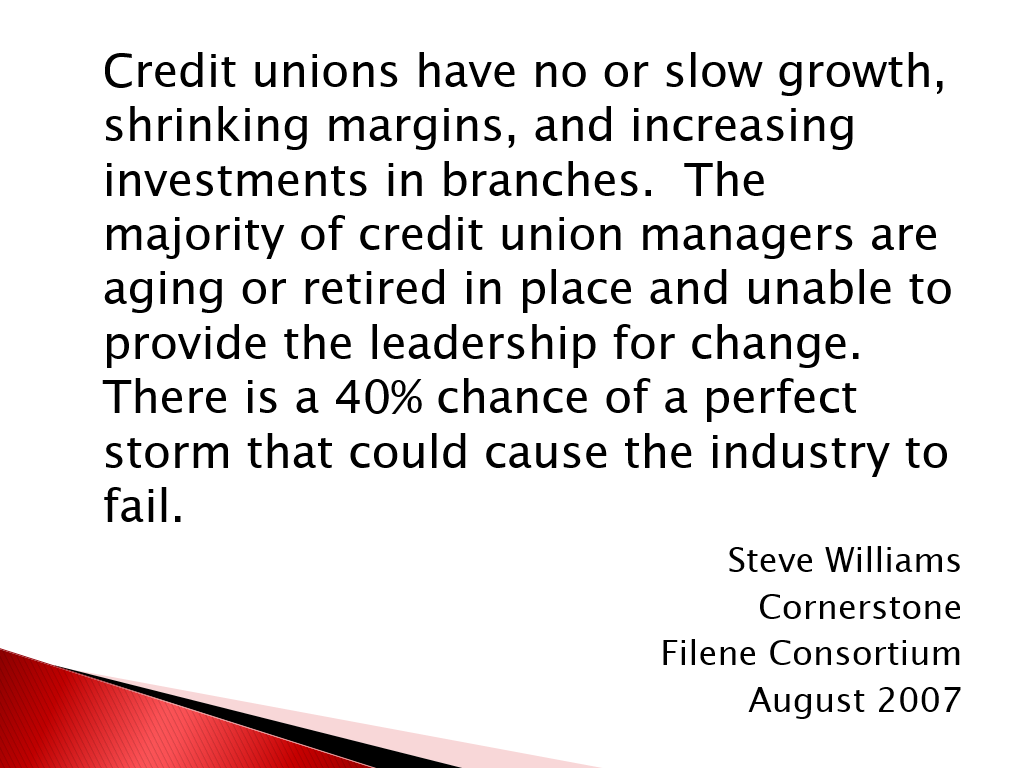Uber and Lyft have never made money. Cumulative losses are in the billions. And continuing. Two reasons for this lack of profit are spending billions of venture capital funds to subsidize fares below the regulated cab industry. Secondly, under compensating their driver-business partners.
Now that both firms are public, the pressure for profits by public investors (now that the venture capital funders have made their windfalls) is changing their business and pricing models.
A thoughtful comment by my favorite market analyst (CNBC’s Kelly Evans), suggests the game may be up. While it does not mean NYC taxi medallions will rise to the former values of over $500,000, it suggests that the future will be much more stable and that drivers and medallion owners can expect reasonable returns—as medallion prices become linked to actual earnings.
Kelly Evans kelly@cnbc.com, June 15, 2021:
Here’s a half-baked thought I’m just going to throw out there:
Is venture capital bad for society?
I was thinking about this as we talked to Kevin Roose yesterday about his recent NYT piece, “Farewell, Millennial Lifestyle Subsidy.” His point is that all the goodies millennials enjoyed over the past decade or so–cheap Ubers, food delivery, and on-demand household workers–were never properly priced until the companies all went public, suddenly have to turn (or at least pretend they’re on a path to eventually turn) a profit, and have to raise prices as a result. It doesn’t help this is all happening amidst a historic labor shortage, either.
“Hiring a private driver to shuttle you across Los Angeles during rush hour should cost more than $16,” he wrote, “if everyone in that transaction is being fairly compensated.” It’s one more reason many millennials have tired of their previous urban/on-demand lifestyles and see the advantages of things like car and home ownership.
So now that Uber has to shore up its financials, its rides aren’t as cheap and its service isn’t as attractive. This isn’t just a pandemic phenomenon; the company went public at $45 a share in May of 2019, and today trades at just $49 and change. If you’d bought General Motors the day Uber went public, meanwhile, you’d be up more than 60%.
In other words, the $20 billion that Uber raised as a private company basically just allowed it to underprice rides for a while–long enough to nearly put the rest of the transportation-for-hire business into bankruptcy. How can any viable business, which has to rely on actual profitability, compete with one that’s that highly subsidized by the wealthy (which are most early-stage VCs and their investors)? Are all of these jazzy start-ups really about improving the future, or about using neat technology to earn subsidies that allow them to undercut legitimate businesses all over the country?
On an even grimmer note, the rise of Uber led to a plunge in the value of New York City taxi medallions, leaving drivers who had bought medallions before Uber’s arrival holding massive debt. A 2019 investigation after more than eight drivers committed suicide in 2018 found the typical driver had $500,000 of debt, and a quarter of them were considering bankruptcy.
Listen, I’m all for technological innovation. But there’s a difference between hey, now you can book a car from your phone! and hey, our private capital is allowing us to price this way below what it should actually cost.
Now that we’ve seen how many of these stories actually play out, perhaps we customers ought to be a little more discerning. Maybe I don’t need to play in the unsustainably-cheap-to-the-point-of-being-bad-for-existing-businesses game. Maybe the next time we hear of a “disruptor” raising however many millions of dollars to “change the way we do xyz,” our first question should be–are you really innovating, or are you just temporarily lowballing the price of these services to win market share?
Just a thought. Am I way off base here? “
**********************************************************
Kelly’s points are very helpful. We are now seeing the cycle of disruption play out and a new equilibrium being sought. Four of my previous blogs discuss some of her observations about the fragility of the Uber/Lyft business model.
The common theme of each blog is that credit unions and NCUA should demonstrate as much responsibility to borrowers in a crisis as they do to savers. Without the former, there will be no return for the latter.
https://chipfilson.com/2019/10/uber-et-al-and-the-taxi-medallion-industry/
https://chipfilson.com/2020/02/an opportunity for the NCUA Board to do the right thing/
https://chipfilson.com/2020/02/NCUA’s betrayal/
https://chipfilson.com/2020/12/disposable-members: an NCUA policy that must change/

